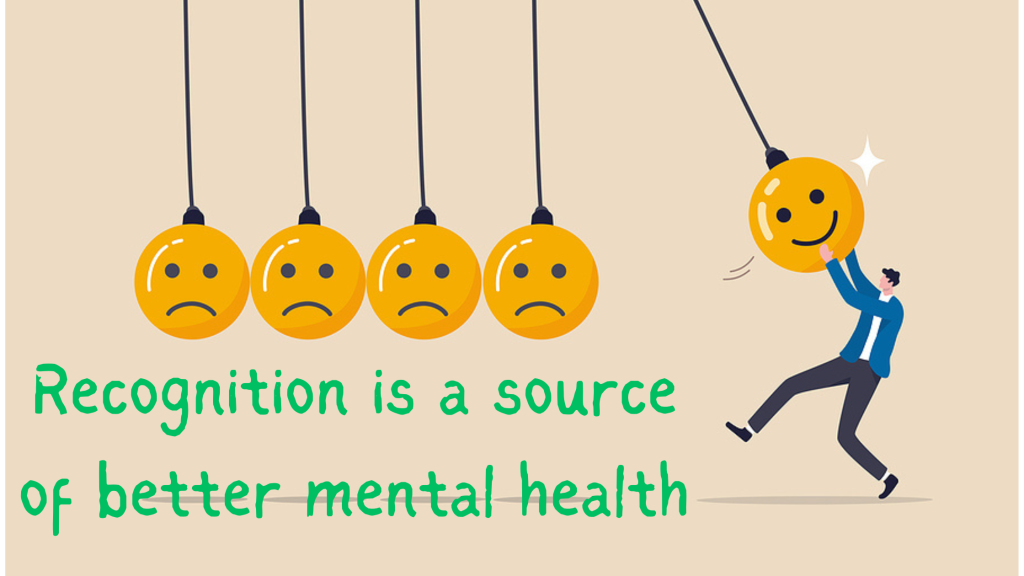The group of six women at the nearby table in my favourite coffee shop were obviously in high spirits. Loud. Each excitedly speaking over the words of the others. An abundance of laughter.
It was evident that most were recent university graduates who were looking for their first jobs. They regaled each other with tales of their interview experiences, particularly how each had attempted to fool interviewers into believing that she was the right person to hire.
The loudest burst of laughter came when one recalled what she did when asked, “Where do you expect to be in five years?”
“I lied!”
While lying to potential employers is not a practice I condone, it’s not a surprise that it happens. Most people looking for employment search the Internet, attend workshops and scan books on how to conduct a successful job search.
The wide availability of such resources is why most job seekers are better prepared for interviews than the people who will be asking the questions.
Websites, training and books all include suggestions on how best to respond to common interview questions, such as about the candidate’s strengths and weaknesses, why the interviewer should hire them, and career plans (“Where do you expect to be in five years?”).
These are the types of questions I had in mind when I included “asking the wrong questions” in my list of 13 reasons managers are “unlucky” when making hiring decisions. Asking these questions provides opportunities for candidates to recite the words they practised in anticipation of being asked the question. Settling for those well-rehearsed answers is another reason that managers make poor hiring decisions.
Those responses fail to yield valuable information on which to base hiring decisions. There is no evidence of what the candidate has done in previous jobs. Past performance may be the best predictor of future performance, but if you learn nothing about what they have done previously it is impossible to confidently predict what they will do if hired.
When participants in my Interview Right to Hire Right workshops argue that asking about where the candidate expects to be in five years results in useful information about the candidates, I suggest that if they feel they must ask about career plans they should ask a followup question: “What steps have you taken toward reaching your career goal?”
If they have done nothing to move them closer to their goal, does that goal really exist? Or are they just responding to your question in the way they learned to respond during a workshop on conducting a job search? Are they lying in hope of fooling you into believing that they are the right person to hire?
The old saying is, “Fool me once, shame on you. Fool me twice, shame on me.”
And if they fool you trice, it’s time to get some training in how to conduct interviews.
==
I have previously written that a right time to ask about career goals is after people are hired, with the intent of providing learning opportunities that will help them grow professionally.
Better yet, link their career goals to how you recognize them for their successes and contributions. In my new book, Thanks, Again! More Simple, Inexpensive Ways for Busy Leaders to Recognize Staff Theme #10: Linking Staff Recognition to Career Goals suggests 24 ways to do this.



